Digitalization is a differentiating factor
NUNO FERREIRA, PEDRO RAMOS E SIMÃO SILVA, THE MANAGEMENT TEAM OF RXF
According to Pedro Miguel Ramos, founder and CEO of RXF, digitalization will be essential to meet the requirements of most events in the post-pandemic future
RXF operates primarily in the events sector, providing management, technical production, and equipment rental services. The company is also active in the areas of systems informatics and multimedia content production.
In today's increasingly global and competitive world, the success of many companies depends on their ability to innovate and offer unique products and services that differentiate them from the competition. It also depends on the quality of their products and services, post-sale support, efficiency, responsiveness to customer needs and desires, and other factors. What sets RXF apart?
Our differentiation lies in the integration of our three competencies: information technology, audiovisual and content production. The way they serve a common goal is our great differentiation factor. Creativity, technical audacity, and an integrated level of service are also the main characteristics of our signature.
“Creativity, technical boldness, and an integrated service level are the characteristics of our signature”
What is the importance of digitization for the current and future sustainability of your business?
It is of fundamental importance. We started as an IT service provider and always kept this aspect active when we decided to enter the audiovisual sector. The complement of IT in the sphere of events was already essential, but now it has become mandatory.
Digitization was seen as a differentiating factor in more out-of-the-box events. At this point, this technological boldness has become an absolutely basic necessity for the survival of our market and, above all, an integral solution to meet the requirements of the vast majority of future events, even after post-pandemic normalization.
What is RXF and in which areas does it operate?
RXF is a company that operates primarily in the events sector, focused on the MICE market (Meetings Incentives Conferences & Exhibitions), where it operates in management, technical production, and equipment rental. At the same time, it has other business areas, such as systems informatics and multimedia content production. Recently, it created Até Que Enfim Produções, an exclusive production company for fiction, and owns Neew, New Edge Events & Weedings for the non-corporate market.
“In the audiovisual and content production market, we serve agencies, event organizers, hotels, and the pharmaceutical industry.”
What were the main factors that led an IT company to expand its business and become a group with a wide range of audiovisual services?
First of all, our duality, because we always worked in both sectors. But we also realized early on that the computerization of the audiovisual market was imminent and that it was better to adjust our background and act proactively to keep up with that evolution.
The first change came in the IT offering, through the migration from a company focused solely on systems and networks to also include the development of web solutions for events. It was a challenge. We initially created an online slide desk platform, our datadesk, where congressmen/speakers can submit their communications. Later, we developed a digital posters platform and, more recently, designed several streaming platform solutions that are cross-linked to our video services.
What markets do the group and its companies work in and for what type of clients?
In the audiovisual and content production market, we primarily serve agencies, event organizers, hotels, and the pharmaceutical industry. In IT and CM (content production), the clients are the same when the projects are leveraged on the audiovisual side. In consulting and IT support for systems and networks, we focus our offerings on micro and small businesses. Outside of this sector, our production company Até Que Enfim produced a fiction series and a Christmas special on SIC Radical last year.
"We have teams working on the preparation and return of national and international congresses."
Since one of the company's areas of activity is related to media, and particularly events, what was the impact of the lockdown situation caused by Covid-19 on your business? What solutions did you find to stay active, and what do you expect for the evolution of the business until the end of the year?
The goal was to act quickly. We realized very early on, even in February, that we would have challenging times ahead. The following month confirmed the predictions and we are not expected to resume the production of in-person events until the end of the year. Because of this, we made our new streaming platform available at the beginning of March and our Studio 1 in May for clients. Now that a few months have passed since the start of the pandemic, we can highlight that the indicators have been good, despite the constraints. We have requests from several new clients, have already produced several broadcasts from our Studio 1, and the streaming platform has been the most requested service.
We have teams working on the preparation and return of national and international congresses, always seeking to develop and improve solutions. I am certain that we will emerge from this adversity stronger and much better prepared for the future that our industry will necessarily demand.
Published by: EXAME


